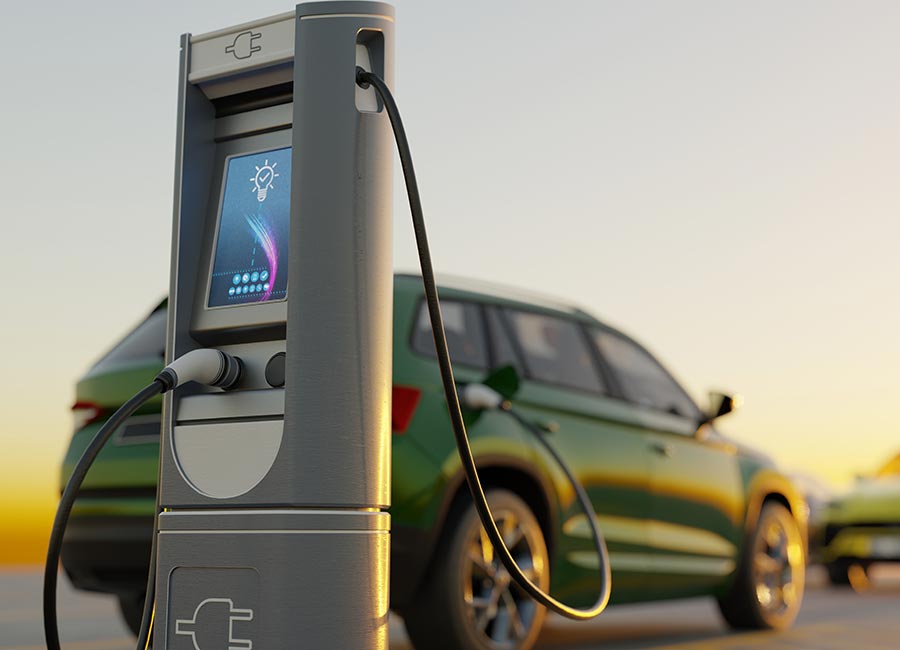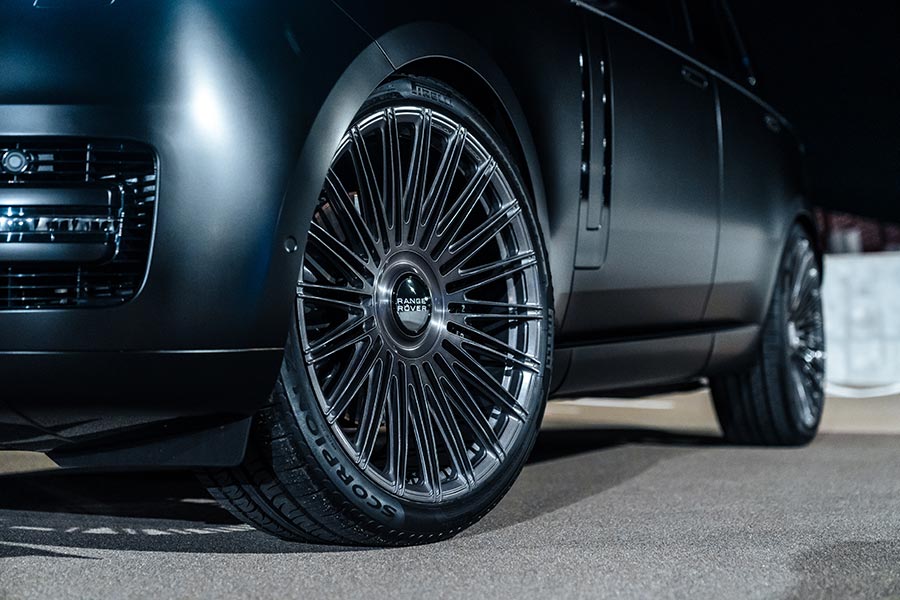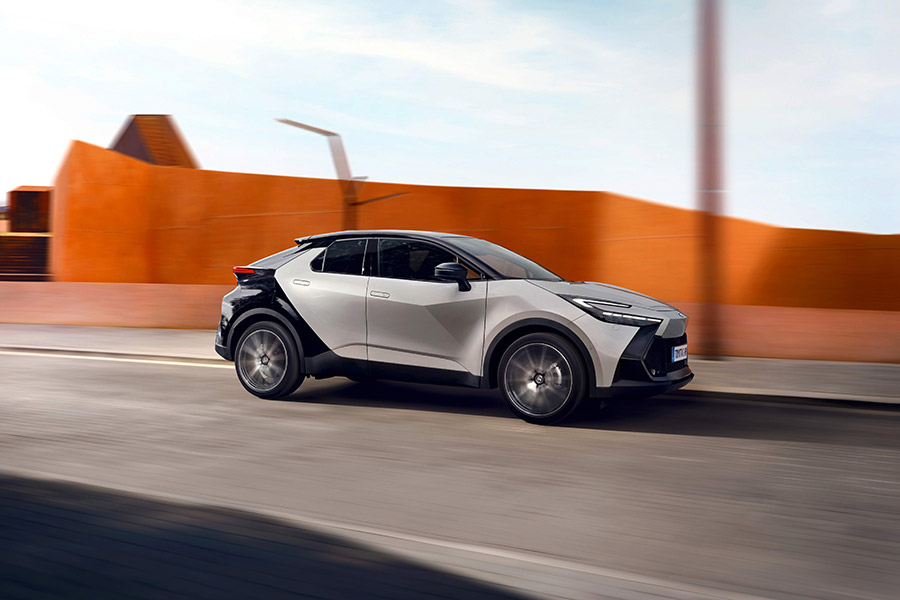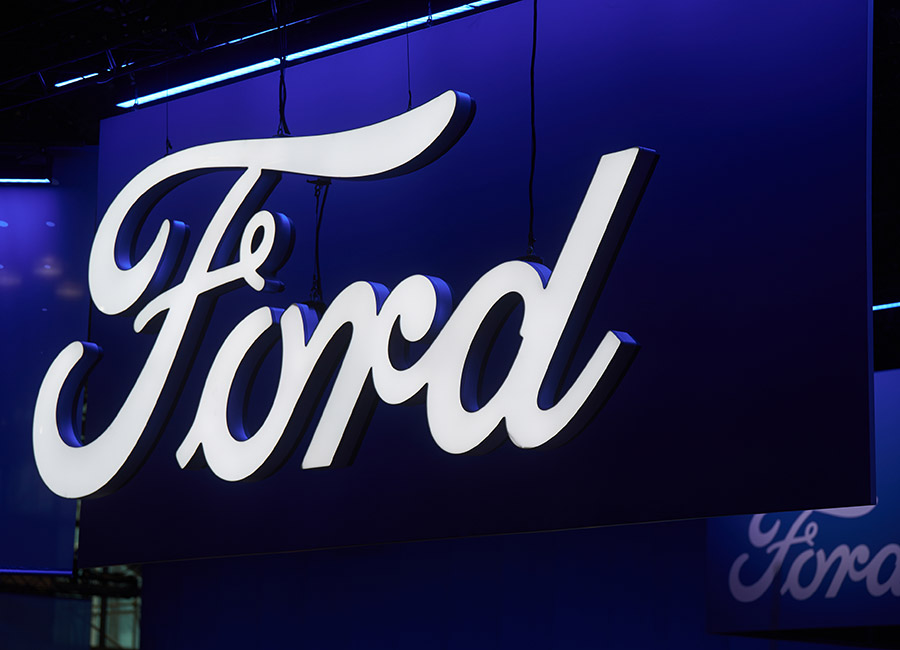New EU tariffs on Chinese-made EVs will likely wreck Irish drivers' hopes of getting much cheaper deals on these cars anytime soon, writes Bill Tyson.
Chinese EV makers have lowered the cost of EVs here dramatically, with MG selling cars here from €26,000 - several thousand euro below the cheapest price from three years ago.
There were hopes that prices could fall even further due to a glut of Chinese-made EVs on the market.
But this may not happen - and prices could even go up - after the EU proposed slapping hefty taxes on Chinese-made EVs of 17.4% to 37.6% (on top of the existing 10% tariffs already in place).
MG are targeted with the highest duties and even Teslas and electric Minis, many of which are made in China, could also go up in price.
The move comes after an EU investigation found China's EV makers benefit from massive government subsidies that enable them to undercut European rivals, threatening auto firms and jobs.
The EU bought 33% of Chinese manufactured EVs in 2023.
The new duties are "provisional", meaning they will be totted up but won't need to be paid until they're confirmed by a vote of EU governments in November and if further findings confirm that its automakers are suffering.
The four-month window gives more time for EU and Chinese negotiators to resolve the issue.
Beijing is already in a trade war with Washington after US President Joe Biden in May announced 100% duties on Chinese EV imports into the US.
So what does all this mean for Irish buyers?
Firstly, if tariffs are confirmed in November "those who purchase a Chinese Battery Electric Vehicle [now] can be assured that they will not be pursued for [retrospective] import duty," says Thomas McGuire, secretary of the Irish EV Association.
"The importer is responsible." However, EV prices will be hit.
"Ultimately the car buyer will be charged," says a spokeswoman for the Automobile Association (AA).
"These tariffs - reduce market competition which was driving down prices for consumers."

This won't help Government plans to ban the sale of new petrol and diesel models after 2030.
Already, sales are falling, with just 10,739 EVs registered so far this year - a 31.6% drop on 2023.
An AA study also found that 30% of EV drivers are dissatisfied with the public charging network and 57% don't think charging prices are "reasonable."
Photo: MG showing off their latest EV. Getty











